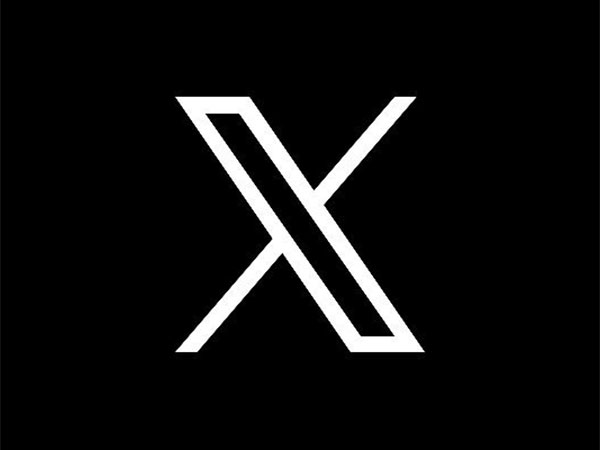Pakistan: Peshawar court orders Telecom authority to respond on X restrictions matter
A bench consisting of Justice Ijaz Anwar and Justice Wiqar Ahmad issued the order after holding a preliminary hearing into the petition of lawyer Nouman Muhib Kakakhel, who requested the court to declare that the "systematic disruptions and blocking" of X service is unconstitutional and a violation of the fundamental and legal rights of the people at large, including him.

- Country:
- Pakistan
In a major development, the Peshawar High Court in Pakistan directed the federal government and Pakistan Telecommunication Authority to respond to a petition against restrictions on social media platform X in the country, Dawn reported. This comes as the court hears the petition seeking the court to order the complete restoration of X service in the country.
The petitioner also sought interim relief through orders for authorities to restore X service until the disposal of his petition. A bench consisting of Justice Ijaz Anwar and Justice Wiqar Ahmad issued the order after holding a preliminary hearing into the petition of lawyer Nouman Muhib Kakakhel, who requested the court to declare that the "systematic disruptions and blocking" of X service is unconstitutional and a violation of the fundamental and legal rights of the people at large, including him.
The respondents in the petition are the federal government through the secretary of the Cabinet Division, the secretary of the Ministry of Information Technology and Telecommunication, and the PTA through its chairman, Dawn reported. During the hearing, the bench wondered whether the high court could look at the matter as the Sindh High Court had already issued certain orders in an identical case.
The petitioner said the high court's orders were applicable to that province. However, the bench observed that if the high court issued an order to a federal institution, then it would be applicable across the country.
It decided to seek the formal response of the respondents to the petition. According to Dawn, Kakakhel said X was a social media micro-blogging platform used by public personalities, journalists, multinational companies, government departments, officials, and the public at large in the country to express their views, make announcements, and share ideas, and that restrictions on it were unconstitutional and unlawful.
He added that X was also a source of news, entertainment, a marketing tool for businesses, and an opportunity to connect and converse on various topics as a global community. Kakakhel pointed out that the telecom regulator PTA neither issued any notification about the systematic disruptions and blocking of X service in the country nor did it specify any reason for it.
He said that Pakistan's population mostly consisted of youth, who depended on information technology for learning, information, and livelihoods due to a lack of resources. The petitioner contended that the media--the fourth pillar of the state--was powerful and effective like others, including the executive, judiciary, and legislature, as it helped form public opinions by providing the latest information to the people, Dawn reported.
He claimed that social media had taken over a lion's share of the space previously occupied by the traditional media and provided people with an opportunity to express their opinions about every national issue. Dawn reported Kakakhel contended that if "miscreants" misused social media platforms in the country, they could be taken to task by the Federal Investigation Agency's Cyber-Crime Wing and other authorities, but blocking access of the entire population to the social media platform was unjustified and against the law.
He said the country had various laws under which those acting against national security or the interests of the state, judiciary, or any national institution, could be charged and punished in accordance with the law. (ANI)
(This story has not been edited by Devdiscourse staff and is auto-generated from a syndicated feed.)










